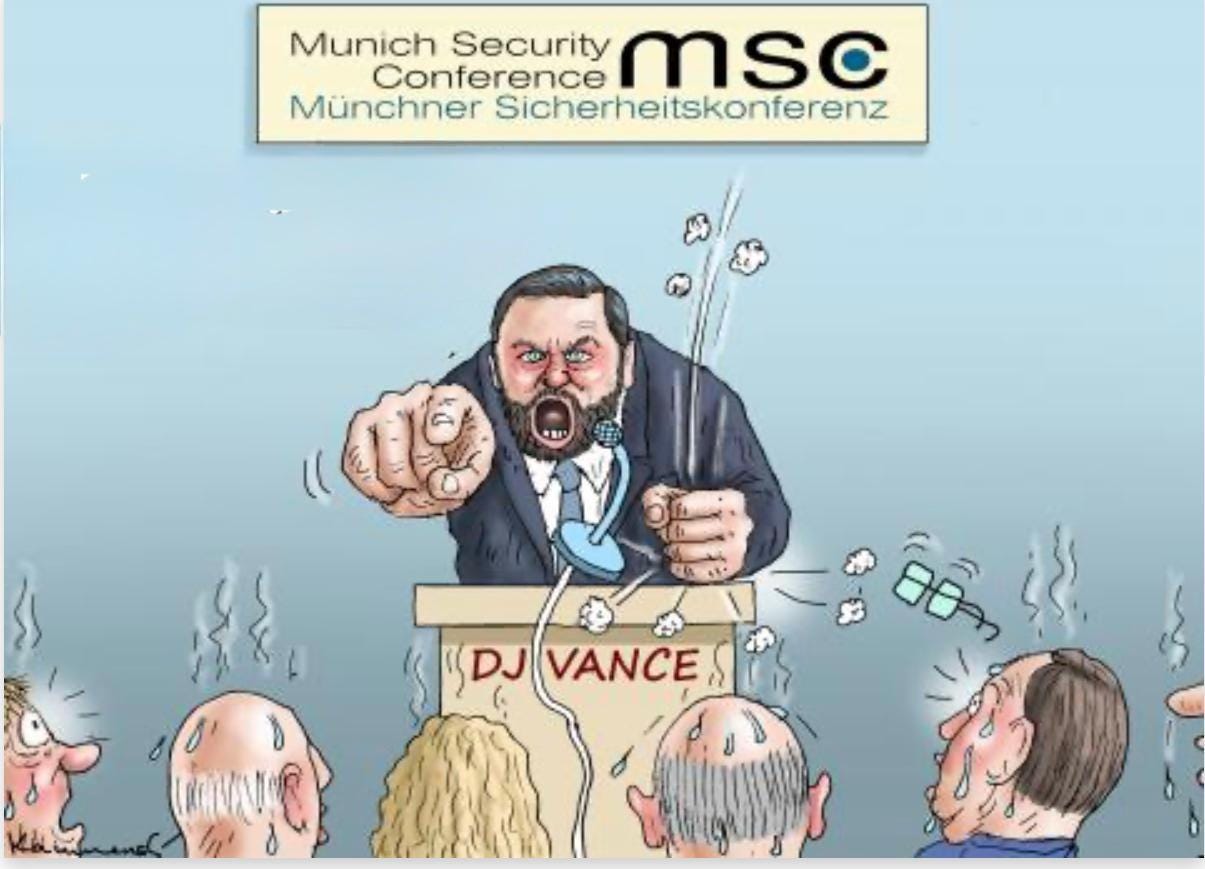Trump's allergy to Europe's 'yes'
The President isn't wrong about the strategic picture but his approach is a case study in how to alienate potential partners.
When President Trump announced his "lengthy and highly productive" call with Vladimir Putin this week about negotiating an end to the war in Ukraine, he showcased his signature blend of deal-making bravado and diplomatic bull-in-a-china-shop approach. The problem? Making peace isn't quite like strong-arming contra…
Keep reading with a 7-day free trial
Subscribe to Cosmopolitics by Elise Labott to keep reading this post and get 7 days of free access to the full post archives.





